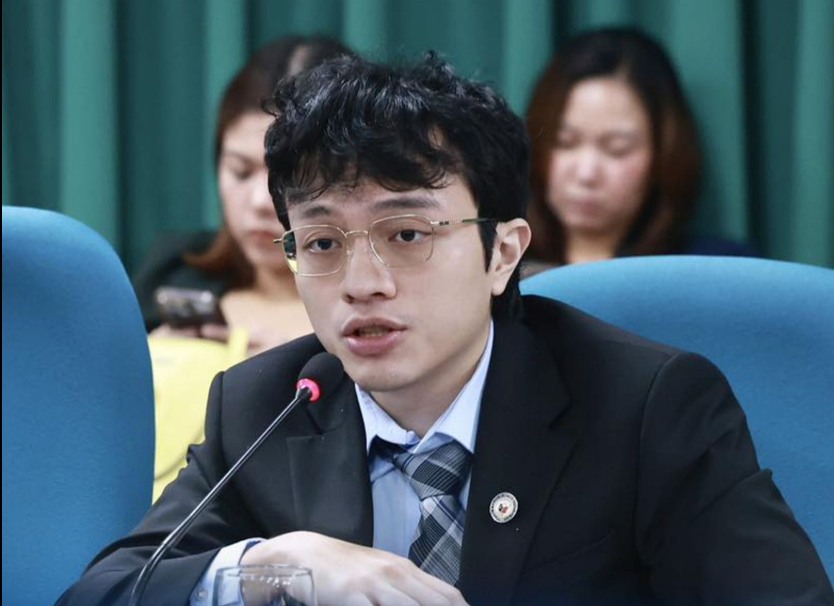“In this world, nothing can be said to be certain, except death and taxes.” — Benjamin Franklin.
Yesterday, the Filipino people woke up to yet another tax burden—the 12% Value Added Tax (VAT) now imposed on digital services, covering streaming platforms such as Netflix, Disney+, HBO, and Spotify, as well as e-commerce sites like Shopee and Lazada. App stores like Google Play and Apple App Store, as well as cloud services such as Google Drive, and OneDrive, are also covered.
As early as two weeks ago, these streaming services have already notified their subscribers that they will be increasing their monthly rates due to the full implementation of Republic Act No. 12023 or the Tax on Digital Services Act. For example, Netflix’s Basic Plan rose from P249 per month to P279, a P30 increase directly attributed to the new VAT. Similar adjustments can be expected across other platforms, placing an additional financial strain on the ordinary Pinoys.
The tax measure is expected to generate P105 billion in revenue over the next five years. For 2025 alone, the Department of Finance (DOF) has projected P7.25 billion revenue, assuming a 50% compliance rate.
While the government argues that this latest taxation levels the playing field between foreign and local digital service providers, it remains another financial strain on ordinary Filipinos, particularly the working class, who rely on these services for affordable entertainment and access to digital content. Higher subscription fees, increased costs for cloud-based services, and rising e-commerce transaction expenses add yet another layer of economic pressure.
What happened to the incumbent administration’s assurance that no anti-poor new taxes will be imposed? It will be recalled that as the Duterte administration was winding down in 2022, then Finance Secretary Carlos Dominguez III proposed a series of tax measures to manage the country’s rising debt. The P3.2-trillion debt, largely incurred during the pandemic, prompted DOF’s recommendation to impose new taxes and defer personal income tax reductions.
However, then incoming President Bongbong Marcos expressed skepticism over these recommendations, stating that tax hikes were not his preferred approach. The current Finance Secretary, Ralph Recto, reinforced this stance, assuring that no new taxes would be imposed under PBBM, with the administration focusing instead on streamlining and intensifying tax collection efforts, and cutting unnecessary government expenditures.
Reality has contradicted these early pronouncements. Over time, the Marcos administration adopted several tax measures that had been initially recommended by Duterte’s economic team. Among them are the recently signed Republic Act No. 12214, or the Capital Markets Efficiency Promotion Act; and the controversial VAT on digital services.
Other revenue enhancing measures currently pending in the Senate are the excise tax on single-use plastics, the Motor Vehicle Users’ Charge, and the levy on sweetened beverages. The proposed tax on denatured alcohol and the Rationalization of the Fiscal Mining Regime, meanwhile, are included in the final list of priority bills to be enacted upon by the 19th Congress in the last six session days prior to its Sine Die Adjournment on June 14. It was agreed upon during the 8th LEDAC meeting in Malacañang last week.
With only six session days remaining beginning today, all unfinished legislative proposals in the current Congress will reset. This means that pending tax measures—and all other unresolved legislation—must be reintroduced from the beginning in the 20th Congress.
The 12 measures that made it to the priority list of the congress in the last two weeks are the following: Rationalization of the Fiscal Mining Regime; Denatured Alcohol Tax; Amendments to the Foreign Investors’ Long-Term Lease Act; E-Governance Act; Open Access in Data Transmission (Konektadong Pinoy Act); Amendments to the Universal Health Care Act; Virology Institute of the Philippines; Government Optimization Act; Amendments to the Right-of-Way Act; Setting the Term of Office of Barangay Officials and Members of the Sangguniang Kabataan; Judicial Fiscal Autonomy; and the Anti-POGO Act.
In the Senate, the urgency of these measures was also the main reason cited for postponing the presentation of Articles of Impeachment against Vice President Sara Duterte—originally set for today, now moved to June 11—to allow Congress to address fiscal and economic policies before adjourning.
Although most tax proposals will be left behind with the closure of the 19th Congress, they will inevitably resurface in the 20th Congress, making vigilance essential. Policymakers often take advantage of legislative resets to revive revenue-generating measures, slipping them into discussions when public attention is elsewhere.
As the new Congress convenes on July 28, the government must be challenged to break away from its default reliance on taxation as the go-to solution. Rather than immediately burdening taxpayers with new levies, the focus should shift toward cracking down on tax evaders, streamlining collection systems, and eliminating wasteful spending. A fair, well-enforced system ensures that revenue is generated through compliance and not simply through higher taxes.
For comments, email jojoterencio@gmail.com




